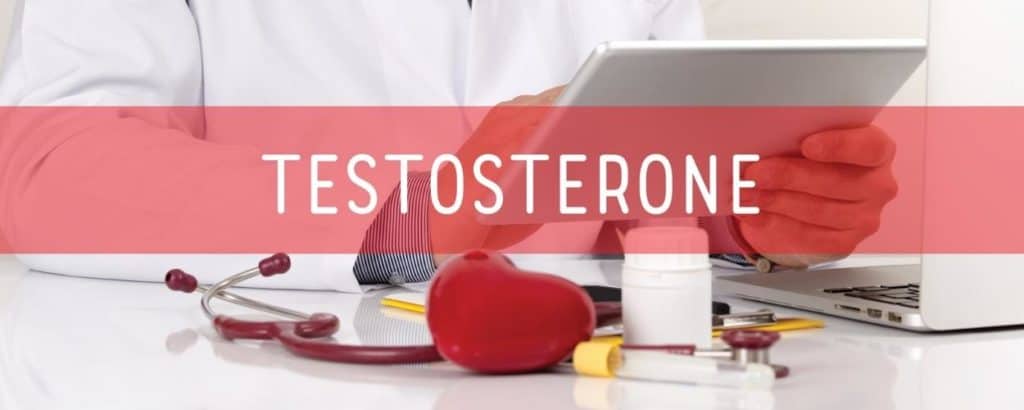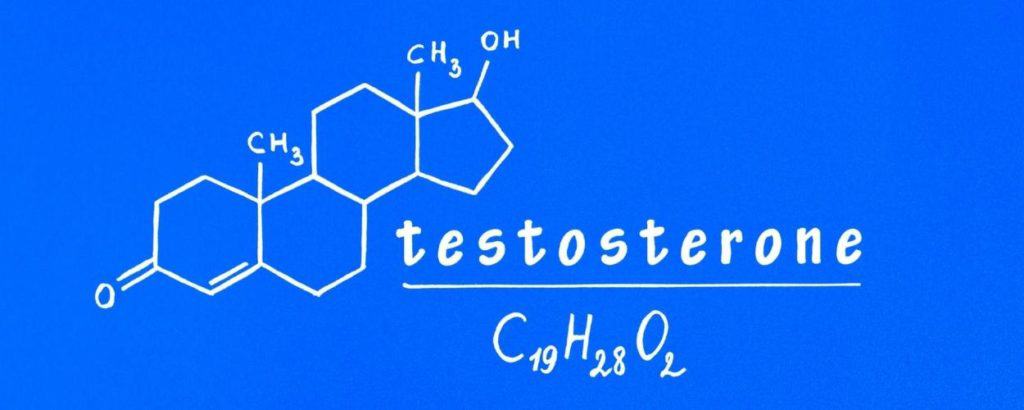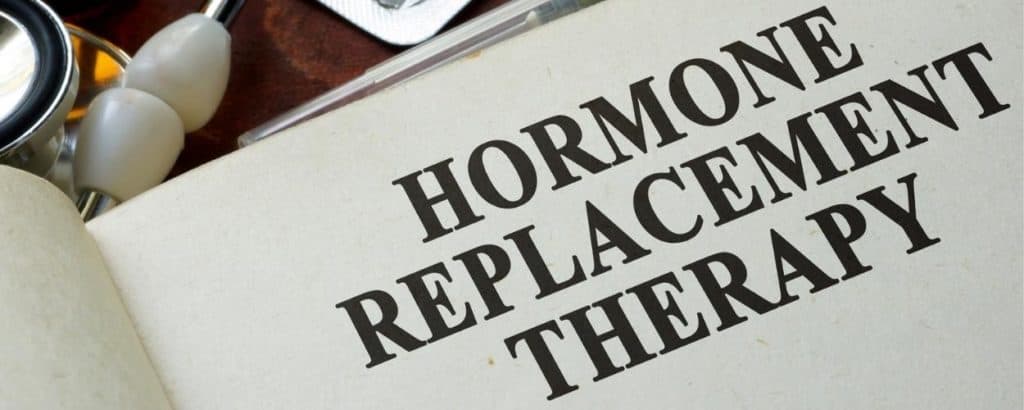
how to get testosterone replacement therapy
hypothyroidism and testosterone replacement therapy
Ask your provider if there are any side effects from your treatment. What steps will they take to reduce or mitigate them?
Testosterone Pellet Therapy, a groundbreaking new treatment, has been used to treat a range of conditions in both men as well as women. This therapy involves inserting tiny, rice-sized pellets containing testosterone directly into the tissue. The pellets are made out of biocompatible material and release the hormone slowly over a period of time. It is ideal for anyone with low testosterone levels as it slows down the release. Testosterone Pellet Therapy can be used to treat a variety of conditions including hypogonadism. Male infertility and androgen deficiencies. The therapy is reported to improve energy, libido, muscle mass, and general well-being. It is safe and fast, making this therapy a popular option for people looking to improve their quality life.
It's more difficult to give this shot than an insulin shot just under the skin. This makes it more difficult for patients to administer the shot themselves. Social constraints such as having to see your doctor twice a week can be a deterrent. Men on testosterone replacement therapy only visit the doctor once per week. You will need to visit your doctor twice weekly to receive testosterone replacement therapy. This is because it is very difficult to maintain your levels. Although you may feel elated for the first few days, your testosterone levels will drop over the next week. It would be best if you dosed more frequently, like twice weekly, to avoid this variability. However, it is often not feasible.
how to get testosterone replacement therapy



